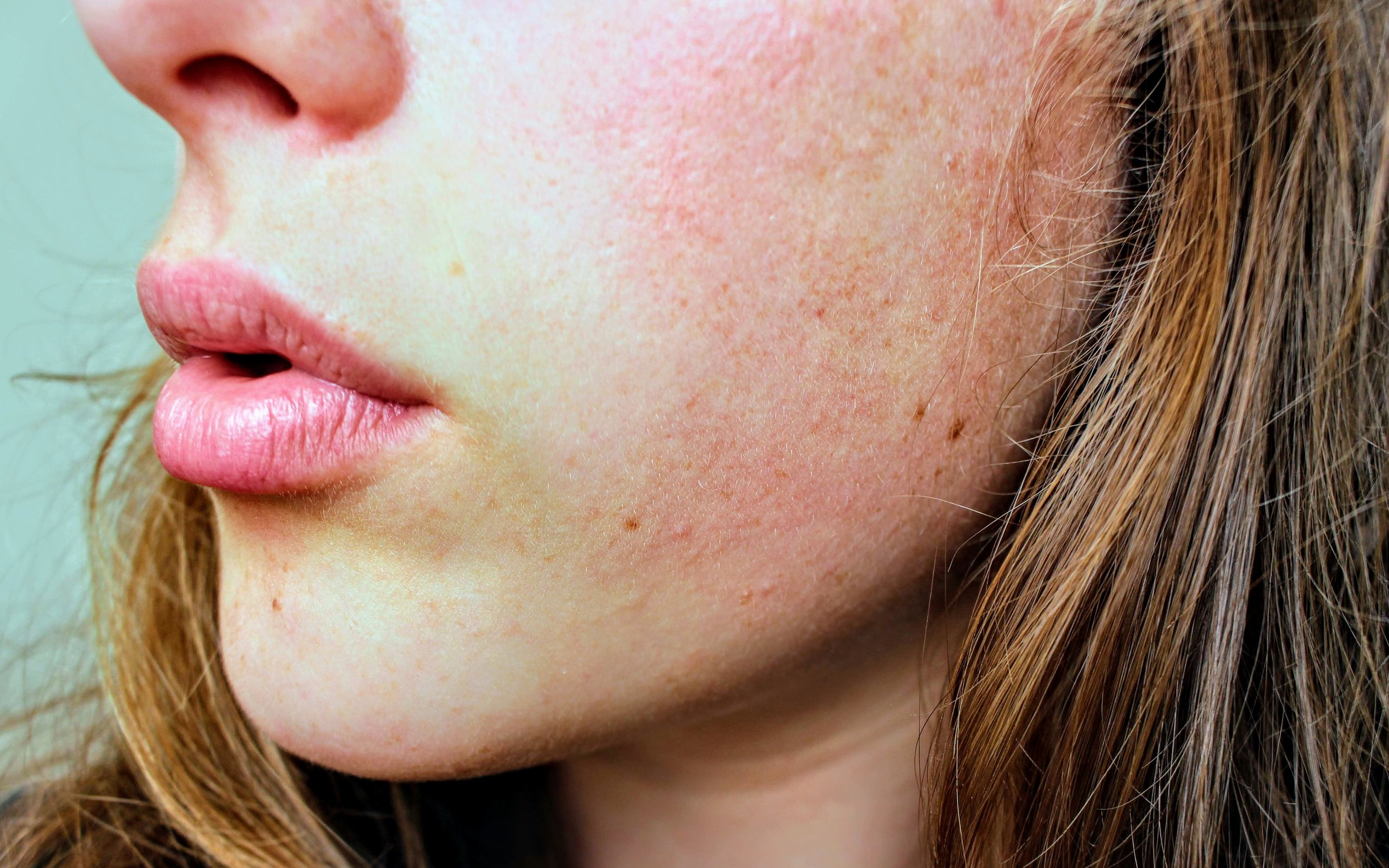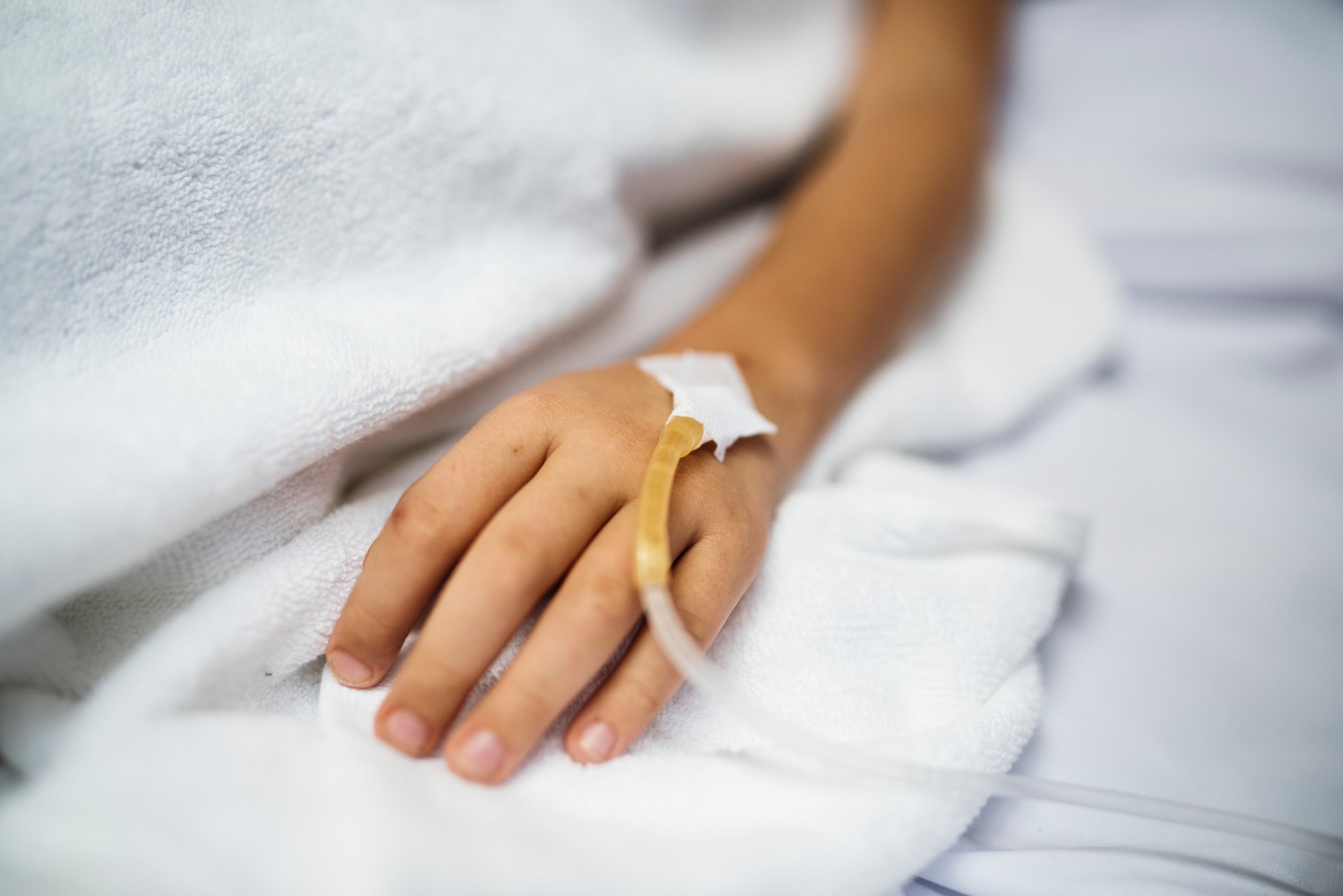An Acupuncture Skeptic Gets Converted on the High Seas
/Cindy Leyland was excited for her vacation. Ten days away with her husband on a cruise was just what the doctor ordered. But unfortunately for Cindy, the day leading up to her vacation were stressful and hectic, and her fibromyalgia and associated pain began to ramp up. Cindy’s heel was suffering from plantar fasciitis, and her right knee was bothering her from a recent hip operation.
Cindy made it on the flight, but she knew her vacation wasn’t going to go as planned with the amount of pain she was in. She tried her best to enjoy herself, but right away she knew her pain was going to put a damper on the proceedings. Luckily, her cruise ship had a solution, one that her husband urged her to try: acupuncture.
Cindy had tried acupuncture once before, a single session many years ago, but didn’t think that it was for her. So while she wasn’t very optimistic, she gave it a shot anyway. After inserting needles into Cindy’s knee and ankle, the acupuncturist followed up. “The doctor declared that my chi was blocked from my waist down in both legs and he put in more needles!” Cindy wrote. “He pounded a bit on the back of my left leg and put a needle in the inside of my right wrist, which he then twisted a bit. YOUCH! It felt like I had been electrocuted.”
Of course, Cindy wasn’t electrocuted, but she was indeed feeling the unblocking of her chi. While acupuncture doesn’t always work immediately and follow up sessions are always recommended, Cindy instantly felt better.
“I walked out of that spa with less pain than I had had in months, if not years. WOW!” Cindy said. “And the next seven days were seven of the best days of my life.”
Fibromyalgia is one of the most common disorders ailing adult women, and Cindy’s resulting pain is too often treated with painkillers and other medications. These temporary fixes merely mask pain, wile acupuncture creates lasting relief because of its ability to balance the body’s energy. Cindy is just one of many folks who can benefit from consistent acupuncture. And her experience taking one more chance on acupuncture to save her vacation has converted her into a believer.
“I feel like my mind has been opened to an especially helpful treatment that I formerly ignored because of the cost and my own skepticism.”





















